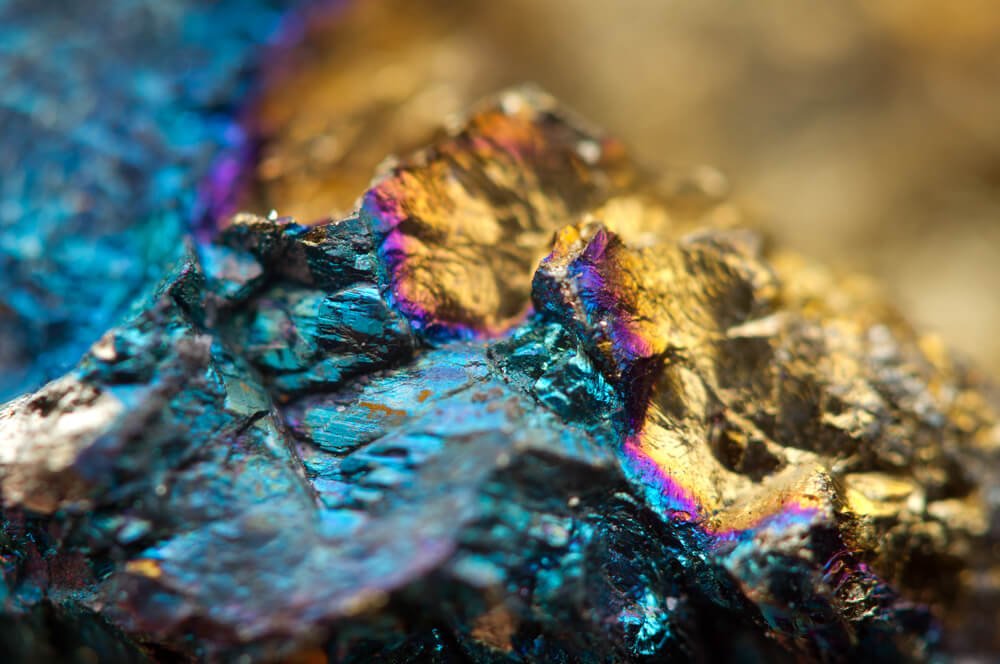Chinese Premier Meets Australian PM in Perth Amid Tensions Over Key Minerals Investment

Chinese Premier Li Qiang met with Australian Prime Minister Anthony Albanese in Perth on June 18th to address ongoing disagreements over Chinese investment in Australia's key minerals sector. This visit marks the first by a senior Chinese leader to Australia in seven years and comes as Australia seeks to diversify its supply chains for essential materials critical to the green energy transition.
Australia is the world's largest producer of lithium and holds significant reserves of other key minerals and metals such as copper and rare earths. However, recent moves by Canberra to work closely with Washington to diversify the global supply chain for these materials have caused friction with Beijing.
During the meeting, Premier Li emphasized the importance of providing a "fair and non-discriminatory" business environment for Chinese companies operating in Australia, as reported by Xinhua news agency. This appeal comes against the backdrop of Australia’s reluctance to allow increased Chinese investment in its mining sector. Earlier this month, Australian Finance Minister Jim Chalmers ordered a China-linked investor to divest its stake in a rare earth miner, highlighting the ongoing tension.
The polarized security environment in the Asia-Pacific region, particularly between the United States and China, has driven Australia to reduce its dependency on China for key minerals. Although China recently lifted many of the restrictions on Australian exports imposed during a low point in their relations in 2020, the investment climate remains contentious.
In an interview published in the Australian Financial Review, Frank Ha, chief executive of Tianqi Lithium, expressed a desire for a level playing field regarding foreign investment in key minerals. Both leaders visited Tianqi's lithium hydroxide plant in Perth on Tuesday morning, underscoring the significance of the sector in bilateral discussions.
Li’s visit to Perth concluded a four-day tour of Australia. Following talks in Canberra, both governments signed agreements to foster education, climate change initiatives, cultural exchanges, and cooperation. Additionally, the Chinese government announced the inclusion of Australia in its visa waiver program. Prime Minister Albanese noted that both governments have also agreed to enhance military communication to prevent potential conflicts in the Indo-Pacific region.





